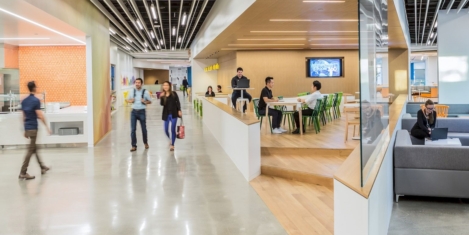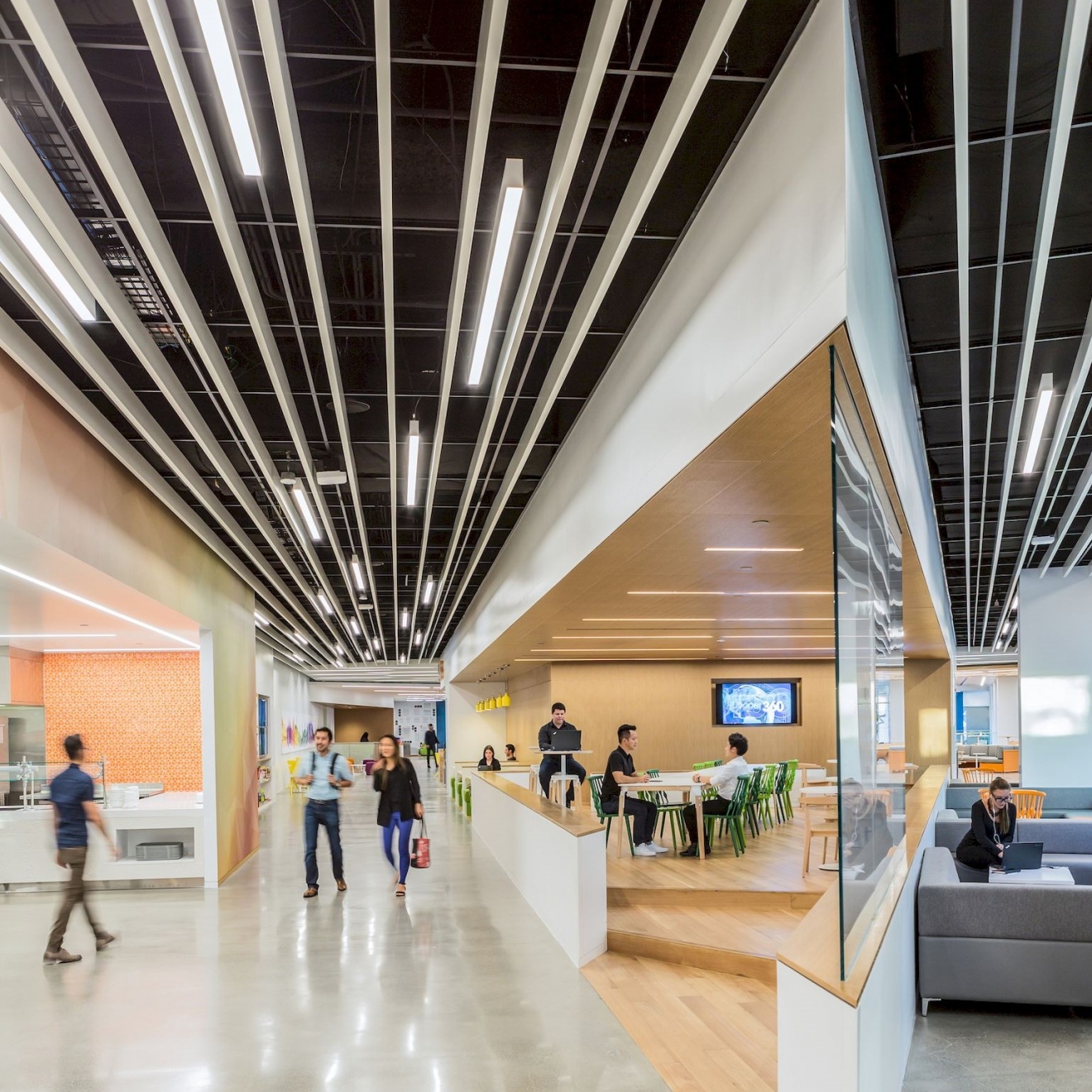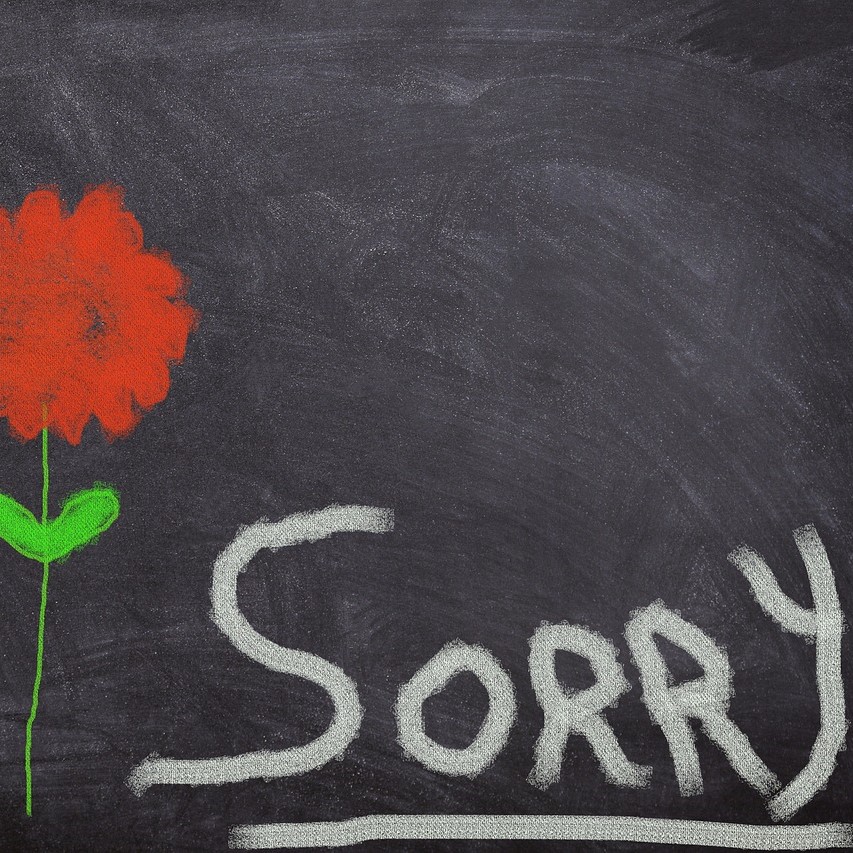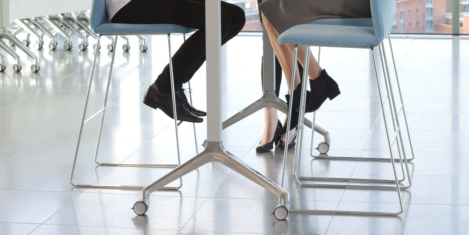November 15, 2019
One in five businesses plan to drop contractors because of IR35
 A fifth of of UK businesses say they are planning to axe contractors completely to ensure they are fully tax compliant ahead of the IR35 changes planned for next year, according to a survey from recruitment firm Harvey Nash. The 2019 Harvey Nash IR35 Sentiment Survey (registration) of 1,200 businesses and contractors claims to reveal the confusion that still reigns around IR35 legislation among both contractors and the businesses that rely on them. The findings suggest that 83 percent) of businesses believe IR35 will impact negatively on their industry. Meanwhile 60 percent of contractors say they have experienced increased anxiety, stressing or worrying about how the new rules will affect them. More →
A fifth of of UK businesses say they are planning to axe contractors completely to ensure they are fully tax compliant ahead of the IR35 changes planned for next year, according to a survey from recruitment firm Harvey Nash. The 2019 Harvey Nash IR35 Sentiment Survey (registration) of 1,200 businesses and contractors claims to reveal the confusion that still reigns around IR35 legislation among both contractors and the businesses that rely on them. The findings suggest that 83 percent) of businesses believe IR35 will impact negatively on their industry. Meanwhile 60 percent of contractors say they have experienced increased anxiety, stressing or worrying about how the new rules will affect them. More →


































October 24, 2019
Asking about mental health is not the answer, listening is
by Anna King • Comment, Wellbeing
More →